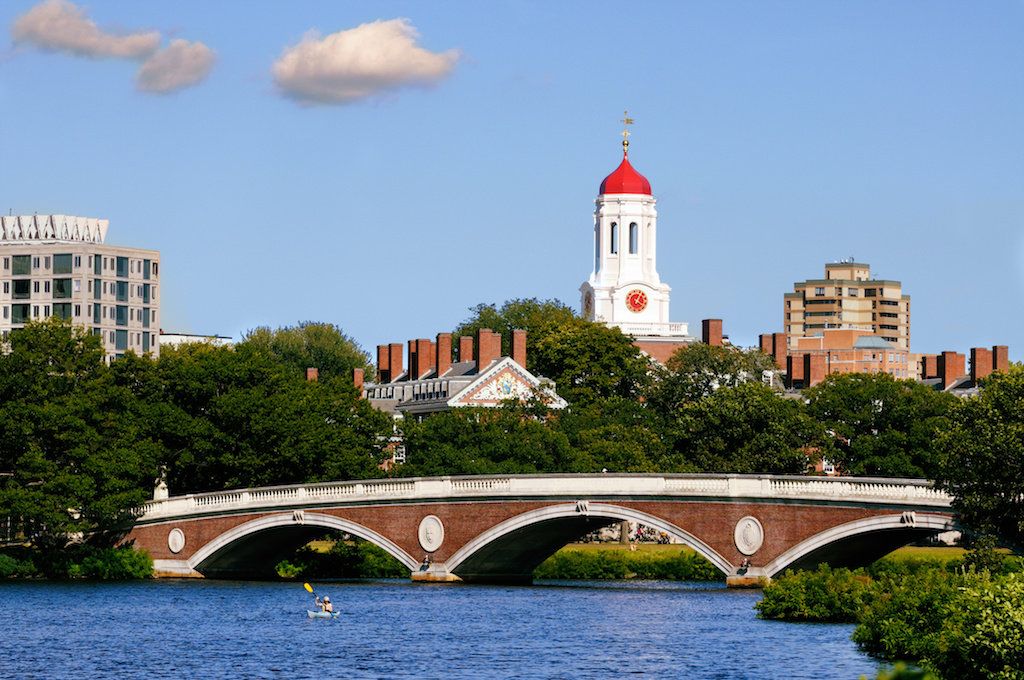In a recent opinion piece published in USA Today, Rick Hess, Director of Education Policy Studies at the American Enterprise Institute, questions the value of attending a selective college if you’re watching online lectures from your parents’ home. Dr. Hess writes that many elite colleges market the irreplaceable experience of living on campus and if campuses are closed in the fall, those experiences and the reasons for attending go away.
He further adds that less expensive universities that are more used to teaching online classes may be a better choice than an elite professor who has hastily thrown online his traditional face-to-face class, rather than work with an instructional designer to rewrite the course to conform to best practices in online teaching and learning.
Dr. Hess cites a study co-authored by himself and Joseph Fuller that questions the merits of attending a more selective institution given the small difference in the median salaries of graduates four years after graduation. Using a nationally representative data set of bachelor’s program graduates, Hess and Fuller found that graduates of open admission, minimally selective, or moderately selective institutions earned around $46,000 per year four years after graduation. Graduates of very selective institutions earned approximately $51,000 per year representing a 10% premium.
When comparing the 2008 graduates to an earlier cohort from 1993, the salaries of the graduates from the open admission and minimally selective institutions increased by $3,000 or seven percent, while the salaries of graduates from moderately selective institutions decreased by $1,000 per year compared to the same group. If there’s a catch, according to the authors, it’s that students attending less selective institutions have a lower chance of graduating in six years than students attending very selective schools.
Dr. Hess notes that less than 25% of all bachelor’s degrees are earned at very selective colleges and universities. Four years of tuition at the less selective institutions can be covered by a year or two of tuition at the very selective institutions. He warns that students should consider whether or not a premium price is worth it.
Dr. Hess’ article is not the only article voicing a concern about the merits of paying more for an education at a private college if it’s offered online. In last week’s New York Times, Kevin Carey authored a piece about the strategies of private colleges to use elaborate enrollment management and tuition discounting strategies to entice students to attend, sometimes borrowing millions to build campus amenities that may prove costly if attendance drops because of a fear that campuses will not open this fall. Ryan Craig elaborates further in an article published in Forbes.com that the student market is more likely to move toward programs of study that lead to guaranteed employment than to enrollment at elite colleges.
Despite some of its flaws, the expanded College Scorecard now provides data on earnings of graduates from the colleges tracked. Georgetown’s Center on Education and the Workforce ranked 4,500 U.S. colleges and universities based on the cost of attendance and the median earnings of graduates as reported by the Scorecard and extrapolated over an average working career. As more data is available and more researchers report similar outcomes, it is inevitable that prospective college students will consider the relative value of paying a premium for a name versus an outcome. The multi-billion-dollar question is “Who will change quicker? Students or colleges?”











